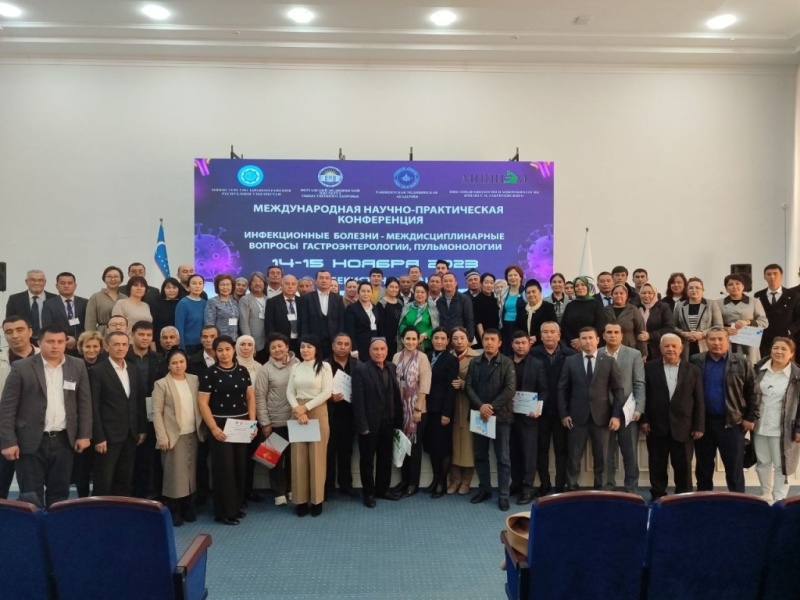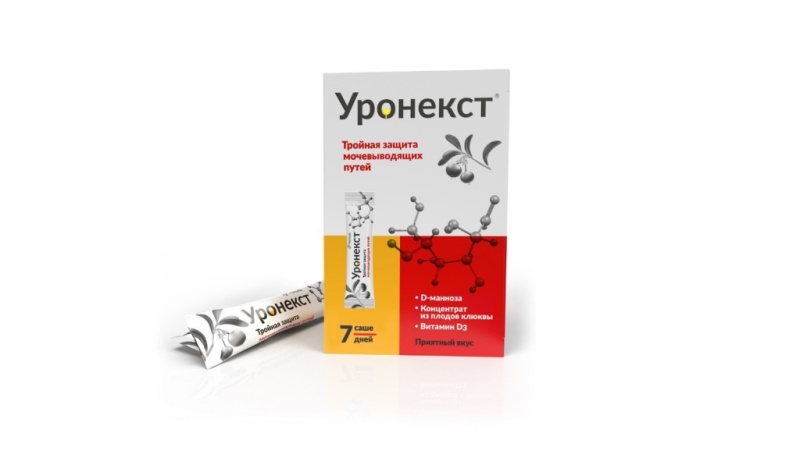
An international scientific and practical conference on infectious diseases was held in Uzbekistan

Influenza causes 291,000 to 645,000 deaths annually worldwide. According to experts, 3-5 million people suffer from acute respiratory infections caused by seasonal influenza viruses every year.[1] Russian doctors reported the statistics during the international conference titled “Infectious Diseases: Interdisciplinary Gastroenterology and Pulmonology Issues”, held in Fergana, Uzbekistan.
According to Dmitry Lioznov, MD, Professor, Director of Smorodintsev Research Institute of Influenza, the influenza epidemic in the last season featured the early onset, extremely high intensity, exceeding previous epidemics in terms of morbidity and hospitalization due to influenza.
Susanna Kharit, MD, Professor, Head of the Vaccination Department, Children’s Research and Clinical Center for Infectious Diseasesof Federal Medical-Biological Agency (FMBA), reported that between January and September 2023, the incidence rate of influenza in Russia increased by more than 1000% compared to the same period in 2022.[2]
Now, influenza and ARVIs (acute respiratory viral infections) incidences remain stable across Russia; however, the morbidity in groups is rising as the school year begins. Between November 13 and 19, the incidence rate of ARVIs and influenza increased, reaching 70.9 per 10,000 people, which was 14.9% higher than the weekly epidemic threshold[3].
Dmitry Lioznov predicted that in the upcoming season 2023-2024 one should expect the circulation of influenza B viruses (Victoria lineage) and influenza A (H1N1)pdm09, new variants of SARS-CoV-2 with unpredictable characteristics, and renewed circulation patterns of ARVI pathogens.
According to Dr. Lioznov, while influenza strains are moderately pathogenic for people who do not have severe concomitant diseases, population groups with chronic diseases are at high risk of serious complications as a result of influenza, nevertheless. To protect the population’s immune system, we need to improve adherence to influenza and COVID-19 vaccinations and be prepared for an increase in COVID-19 cases. In conclusion, the Director of Smorodintsev Research Institute of Influenza emphasized that vaccines available worldwide to prevent seasonal influenza can significantly reduce morbidity and mortality.
Professor Kharit noted that the risk of hospital admissions among infected patients suffering from diabetes rises 3 times, exacerbation of cardiovascular diseases increases 5 times, stroke occurs 3 times more often within 3 days after infection, and mortality of infected patients suffering from chronic obstructive pulmonary diseases amounts to 30%[4].
Susanna Kharit gave a report on the meta-analysis of 23 published articles involving 1,037,445 people. It showed that influenza vaccination was associated with a 17% reduction in the risk of contracting COVID-19 and a 29% decrease in hospitalizations. Importantly, quadrivalent influenza vaccines reduce the risk of COVID-19 by 26%[5].
In her report, the expert highlighted the Russian influenza vaccine:

1 Becker T, Elbahesh H, Reperant LA, Rimmelzwaan GF, Osterhaus ADME. Influenza Vaccines: Successes and Continuing Challenges. J Infect Dis. 2021 Sep 30;224(12 Suppl 2):S405-S419. doi: 10.1093/infdis/jiab269. PMID: 34590139; PMCID: PMC8482026.
2 https://www.iminfin.ru/areas-of-analysis/health/perechen-zabolevanij?territory=1
3 https://www.influenza.spb.ru/system/epidemic_situation/laboratory_diagnostics/
4 Palace Abraham Mazes, Tainijoki-Seyer, Dr.Julia The Fifth ESWI Inf.conference, 14-17 September 2014 Riga
5 DOI: https://doi.org/10.1016/j.amepre.2022.02.008


